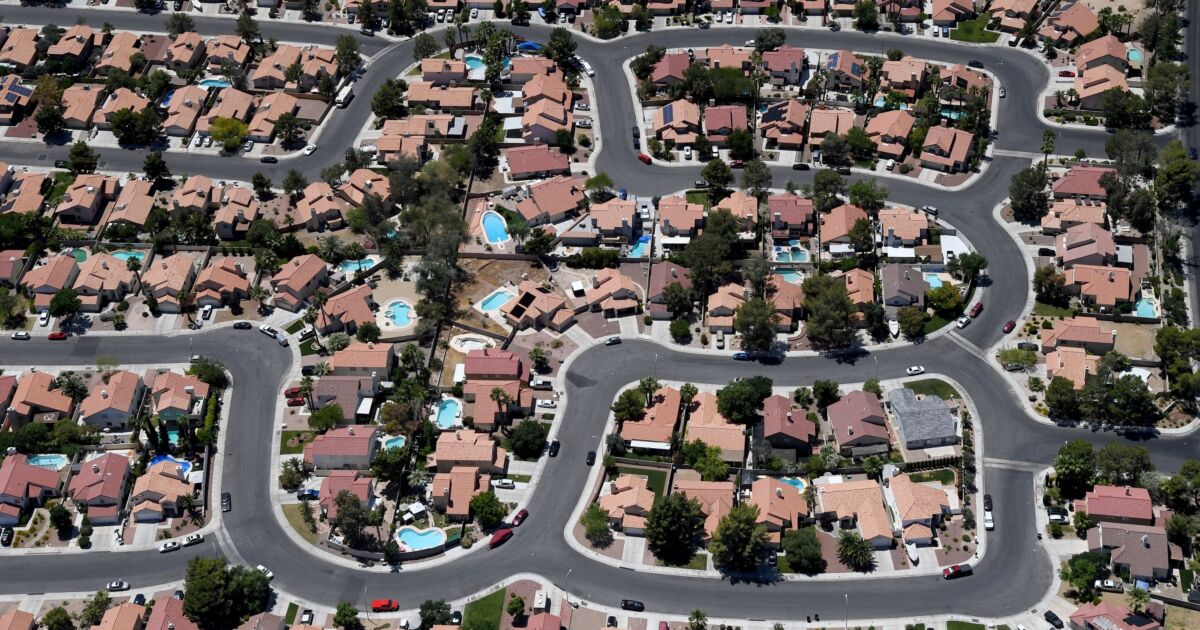
Investors bought a record 18.4% share of homes sold nationwide in Q4 2021, motivated by soaring rents, a new Redfin analysis reveals.
Deep-pocketed buyers spent $49.9B on 80,293 homes — an average of $433K per listing — over the year’s final three months, the report said. The spending coincides with a significant increase in average rents, up 14% for a new lease in December.
“The supply shortage is also an advantage for landlords, as many people who can’t find a home to buy are forced to rent instead,” Redfin economist Sheharyar Bokhari said in a press release. “Plus, investors who ‘flip’ homes see potential to turn a big profit as home prices soar.”
Despite the record share of purchases, the total number of homes bought by investors was 9.1% lower than in Q3 2021 as they navigated dwindling inventory, the report said.
Single-family home investors drew the ire of Democratic lawmakers who in a Capitol Hill hearing last week blamed them for rising home prices. The buyers, identified by Redfin through keywords such as LLC, Inc., trust, and corporations in property records, paid cash in 75.3% of their purchases, making them largely immune to the rising mortgage rates affecting homebuyers.
The $49.9B figure rose from $35.5B in investor home purchases in Q4 2020, when they accounted for 12.6% of such transactions. The previous record-share of investor purchases over a quarter was 17.4% in Q3 2021, the report said.
Sun Belt markets, some of the nation’s hottest, are the most attractive locations for investors, as they made up nearly a third of home purchases last quarter in Atlanta and Charlotte.
Jacksonville saw a 157% increase in investor purchases year over year, while Las Vegas saw a 105.5% increase over the same period, Redfin reported. Investor interest was muted in northern and eastern regions, with share of home purchases 10% or fewer in metros including Chicago, Seattle and Washington, D.C.
The combination of limited supply and rising mortgage rates has created difficult conditions for consumers including first-time homebuyers, who face the worst affordability level in three years, according to a recent National Association of Realtors analysis.
Investors circling the market could be discouraged if pricing were to trend down, Bokhari said.
“If home-price growth slows in the coming year, investor demand may cool down because rental price growth will slow, too,” he said.



